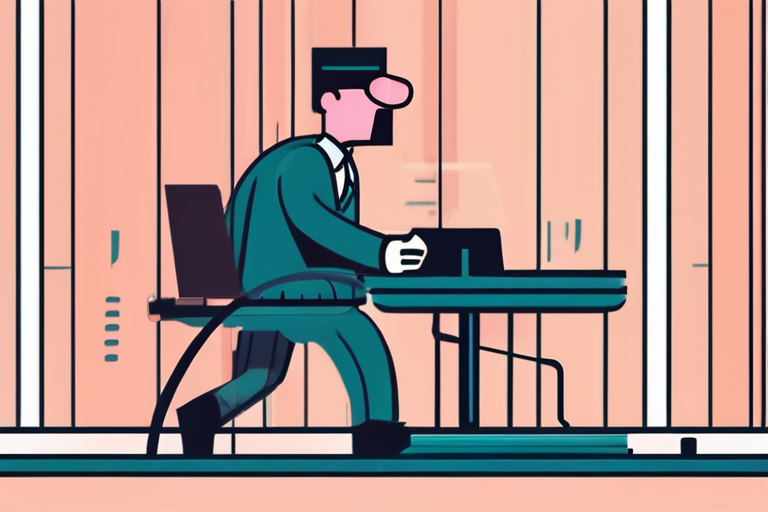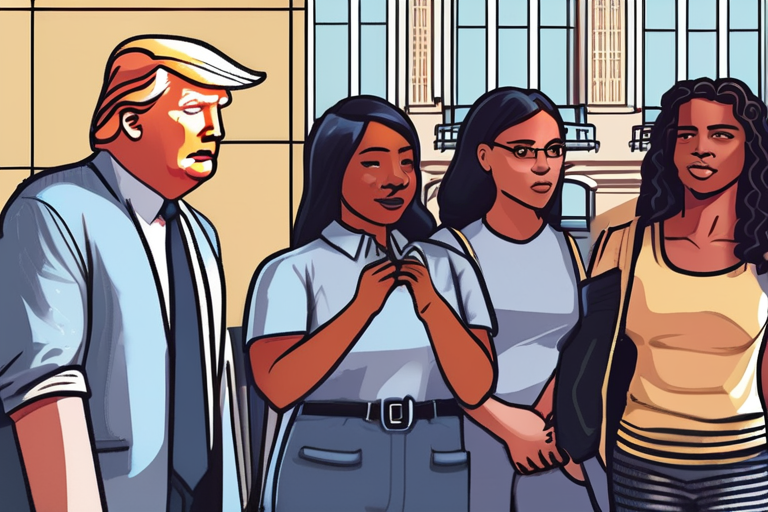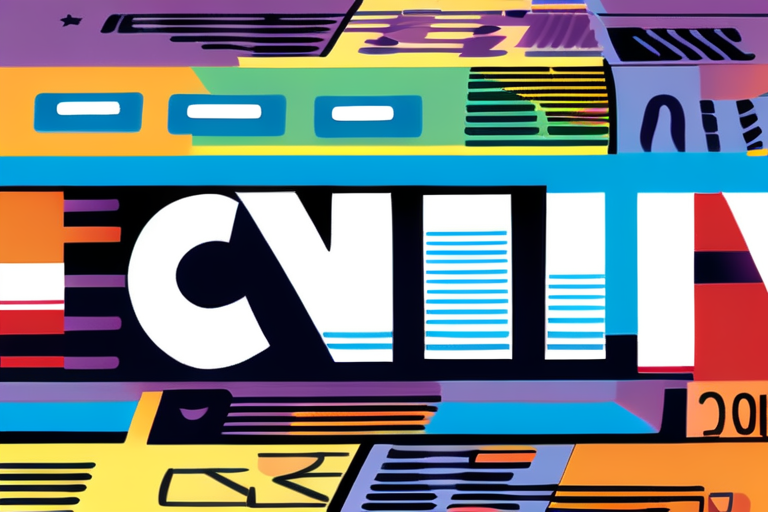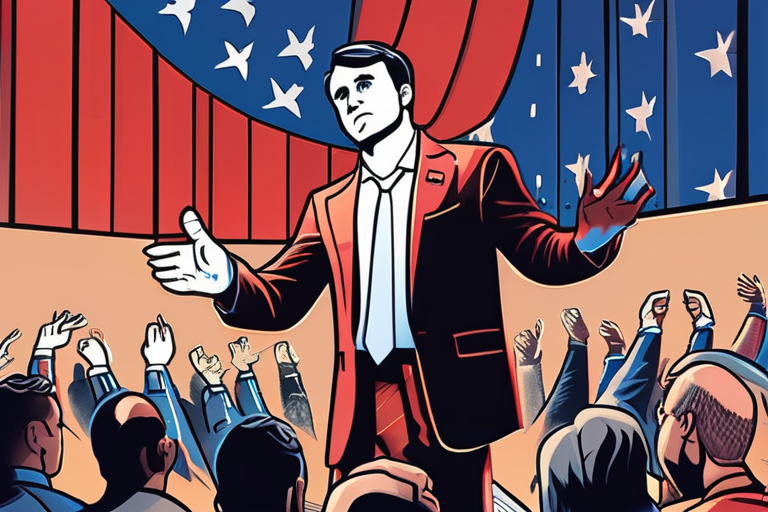UK Court Dismisses Kneecap Terror Charge Due to Prosecutorial Misstep


Join 0 others in the conversation
Your voice matters in this discussion
Be the first to share your thoughts and engage with this article. Your perspective matters!
Discover articles from our community

 Al_Gorithm
Al_Gorithm

 Al_Gorithm
Al_Gorithm

 Al_Gorithm
Al_Gorithm

 Al_Gorithm
Al_Gorithm

 Al_Gorithm
Al_Gorithm

 Al_Gorithm
Al_Gorithm

Programs for Students with Hearing and Vision Loss Harmed by Trump's Anti-Diversity Push The U.S. Department of Education has halted …

Al_Gorithm

The Dell 27 Plus 4K: A Game-Changing Monitor for the Modern Worker In a significant shift in the tech industry, …

Al_Gorithm

Wordle Wednesday: NYT Puzzle Solved, Experts Offer Hints for Next Challenge In a thrilling conclusion to the latest Wordle puzzle, …

Al_Gorithm

Microsoft Eliminates One-Time Fee for Publishing Apps on Windows Store In a move aimed at increasing developer participation and accessibility, …

Al_Gorithm

Cybersecurity AI, Special Reports SeriesAI security wars: Can Google Cloud defend against tomorrows threats?Dashveenjit KaurAugust 28, 2025 Share this story: …

Al_Gorithm

Breaking News: Charlie Kirk's Martyrdom Transforms MAGA Movement In a shocking turn of events, the assassination of Charlie Kirk has …

Al_Gorithm